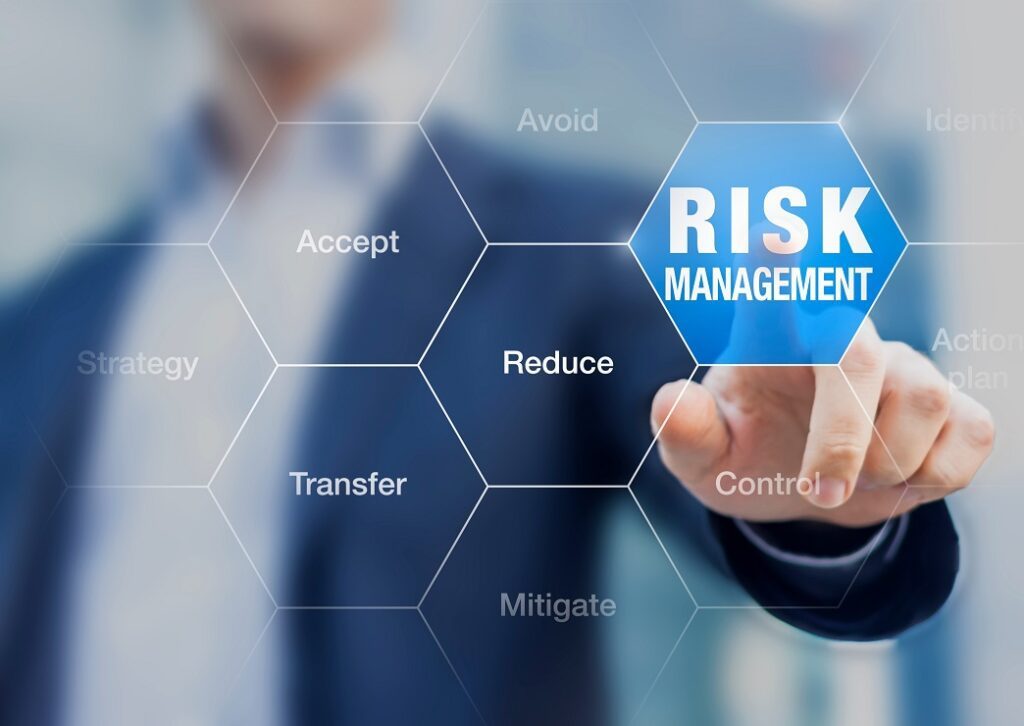
There are several important skills required by crisis managers. Leaders who are able to recognize and manage crises before they escalate can be a great asset. Slow-moving crises can have slow-moving effects that may not be evident until later. Good leadership practices are those that recognize the importance of early recognition. They are aware of the world's events and keep up to date with customer attitudes. Crisis managers work together to solve the crisis as quickly as they can. A skilled crisis manager can assist a company in managing a crisis while ensuring normal business operations continue.
Priorities for crisis managers
Managers of crises should have clear priorities and clearly defined goals. A team should include people who can think clearly and take calm decisions. Also, the team should include people who are detail-oriented as well as process-oriented. It is important that there is a clear line of command. A team must be well trained in order to complete its tasks. If there is a crisis, the team needs to be restructured in accordance with the situation.

These are the characteristics of crisis management professionals
A combination of skills and experience is necessary for success as a crisis management specialist. The ideal professional in crisis management should be highly trained, well-informed, and able to effectively communicate and gather information. Additionally, they should be able to actively listen. This person must be able handle stress and chaos while remaining calm and focused. Additionally, they must be able interact with people in different departments.
Techniques used by crisis managers
There are numerous techniques used by crisis managers to successfully handle a critical incident. Planning and preparation are key to crisis management. The resilience concept is what top crisis managers use to guide their actions. It refers to being able to bounce back quickly after a difficult situation, and also to being vulnerable to potentially dangerous events. Top managers have exceptional memory and can quickly make decisions. This helps them respond faster and more accurately. A manager's ability to accept vulnerability allows them to plan for the worst.
Impact of crisis on an organization
The Impact of Crisis and Organization explores how businesses can be affected by a crisis. It also discusses ways that they can prevent or mitigate such damage. This book examines the factors that affect the value of an organization and the impact that a crisis can have on its viability and reputation. All commercial organisations operate in a complex digital environment. Trust is low and there are high expectations for good governance. Communication between companies and their stakeholders is complex. Traditional target audiences have been broken up into social networks, so issues can be resolved quickly.

Crisis managers need the skills
Communication is one of the most important skills a crisis manager should have. These skills are essential for managing any kind of crisis, large or small. The manager must be able communicate effectively and clearly to solve the problem as quickly and as smoothly as possible. The manager must also have the ability to stay calm, make fast decisions, and delegate. Combining these skills will make crisis managers far more likely achieve a positive outcome.
FAQ
What are the 3 main management styles?
The three major management styles are authoritarian (left-faire), participative and laissez -faire. Each style has its advantages and disadvantages. Which style do YOU prefer? Why?
Autoritarian – The leader sets the direction for everyone and expects them to follow. This style is most effective when an organization is large, stable, and well-run.
Laissez-faire – The leader gives each individual the freedom to make decisions for themselves. This style is most effective when the organization's size and dynamics are small.
Participative - Leaders listen to all ideas and suggestions. This style is best for small organizations where everyone feels valued.
What's the difference between leadership & management?
Leadership is all about influencing others. Management is about controlling others.
A leader inspires followers while a manager directs workers.
A leader motivates people and keeps them on task.
A leader develops people; a manager manages people.
What do we mean when we say "project management"?
It refers to the management of activities related to a project.
Our services include the definition of the scope, identifying requirements, preparing a budget, organizing project teams, scheduling work, monitoring progress and evaluating the results before closing the project.
How do you define Six Sigma?
Six Sigma is well-known to those who have worked in operations research and statistics. Anyone involved in business can benefit.
Because it requires a high level of commitment, only those with strong leadership skills will make an effort necessary to implement it successfully.
Six Sigma is so beloved.
Six Sigma can be implemented quickly and produce impressive results. Six Sigma provides a framework to measure improvements and allows companies to focus on the most important things.
What is Six Sigma and how can it help you?
It's a strategy for quality improvement that emphasizes customer care and continuous learning. The goal is to eradicate defects through statistical techniques.
Motorola created Six Sigma as part of their efforts to improve manufacturing processes in 1986.
The idea quickly spread in the industry. Many organizations today use six-sigma methods to improve product design and production, delivery and customer service.
Statistics
- Your choice in Step 5 may very likely be the same or similar to the alternative you placed at the top of your list at the end of Step 4. (umassd.edu)
- The average salary for financial advisors in 2021 is around $60,000 per year, with the top 10% of the profession making more than $111,000 per year. (wgu.edu)
- This field is expected to grow about 7% by 2028, a bit faster than the national average for job growth. (wgu.edu)
- As of 2020, personal bankers or tellers make an average of $32,620 per year, according to the BLS. (wgu.edu)
- The profession is expected to grow 7% by 2028, a bit faster than the national average. (wgu.edu)
External Links
How To
What are the 5S for the workplace?
To make your workplace more efficient, organize everything. A clean desk, a tidy room, and a well-organized workspace help everyone stay productive. The five S’s (Sort. Shine. Sweep. Separate. and Store) all work together to ensure that every inch is utilized efficiently and effectively. In this session, we'll go through these steps one at a time and see how they can be implemented in any type of environment.
-
Sort. You can get rid of all papers and clutter, so you don’t waste time looking for what you need. This means putting things where you use them most often. It is a good idea to keep things near where you are most likely to refer to it. Consider whether you really need the item. If it no longer serves a useful purpose, get rid it!
-
Shine. Keep your belongings tidy and organized so you can spend less time cleaning up afterwards. You should get rid of any items that could be harmful or cause injury to others. You might have many pens and need to put them away. A pen holder is a great investment as you won't lose your pens.
-
Sweep. Regularly clean surfaces to keep dirt from building up on furniture and other household items. A dusting machine is a great investment to keep your surfaces clean. To keep your workstation neat, you can reserve a certain area for dusting or sweeping.
-
Separate. It will help you save time and make it easier to dispose of your trash. You can dispose of your garbage easily by placing trash cans strategically around the office. You can take advantage of this location and place trash bags near each bin to make it easy to find what you are looking for.